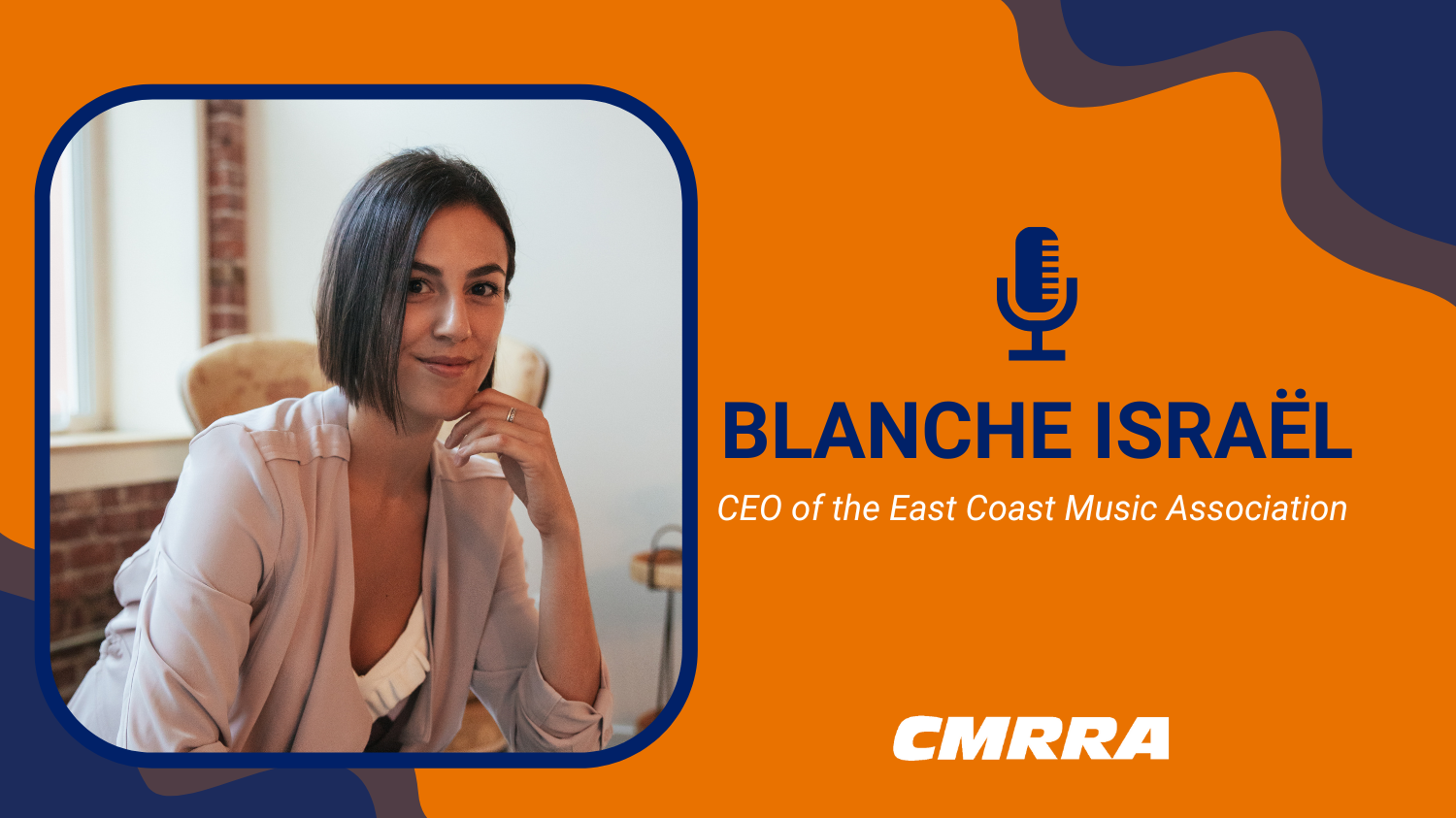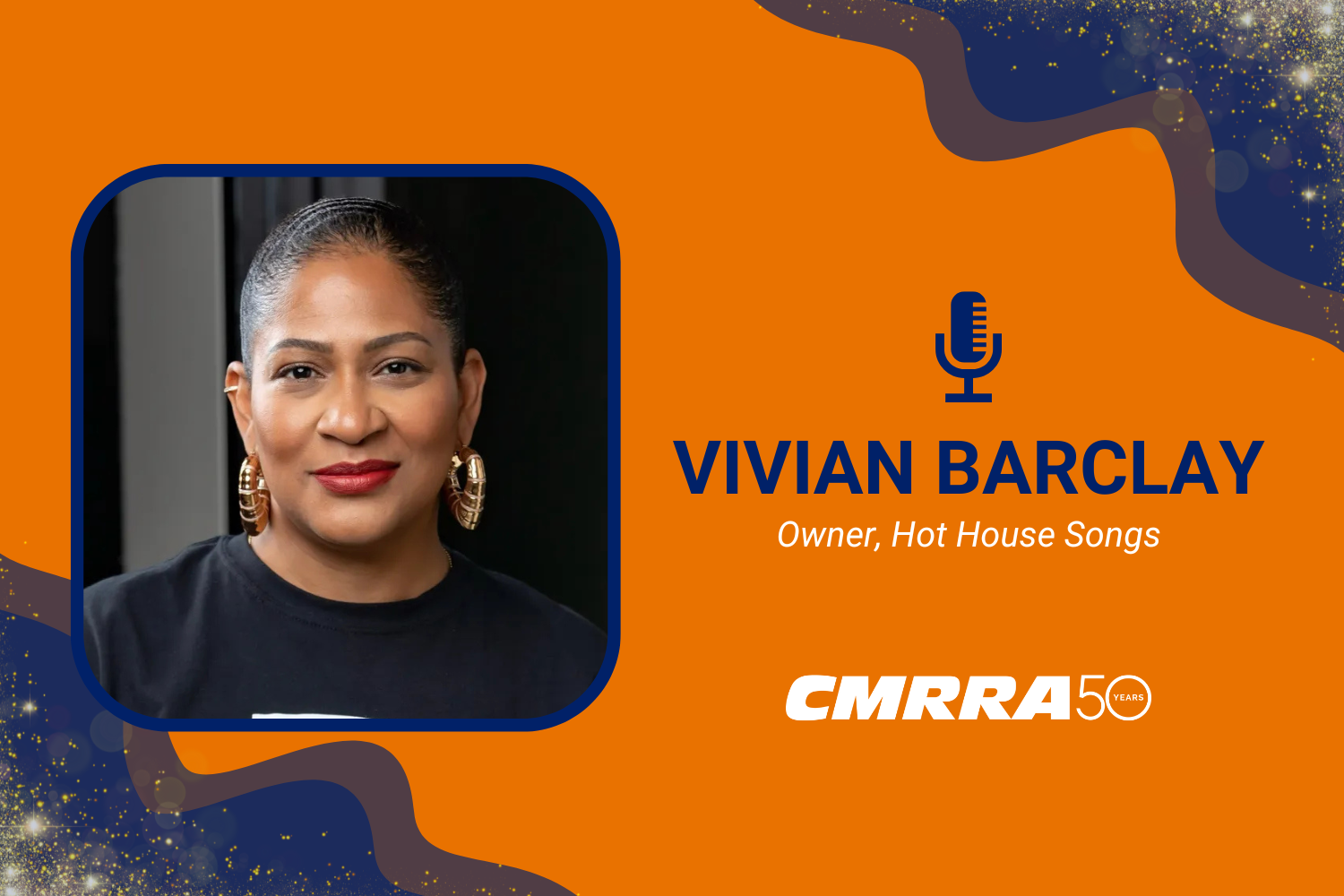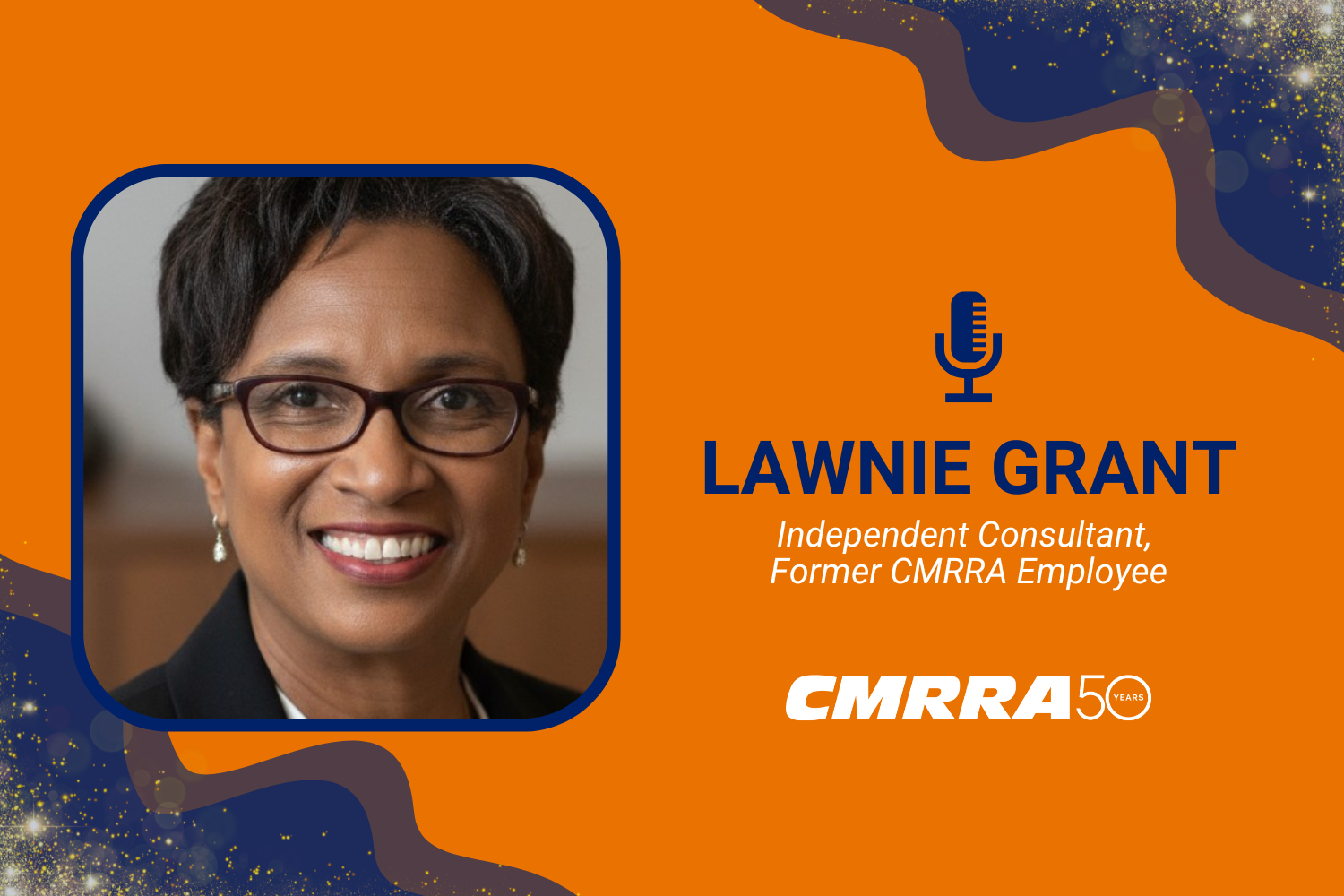By Isabelle Speerin
A versatile cellist who’s graced over 60 stages around the world, Blanche Israël is poised to lead the Atlantic music scene into its next chapter as the head of the East Coast Music Association (ECMA). Israël is a multilingual Moroccan-French Canadian cultural strategist who has called Dartmouth, Nova Scotia home since 2019. She started played the cello as a child in Montreal, went on to study music performance, and eventually pursued a degree in Arts Management from the University of Toronto.
Post-graduation, Israël worked for the Canadian Opera Company and later the National Youth Orchestra of Canada in the lead-up to Canada 150 celebrations. It was there she helped organize a live performance tour to 12 Canadian cities, travelling 13,221 kilometers with an entourage of 150 people and 100 instruments in tow.
“Working with the orchestral musicians to research and develop their own land acknowledgements for the places we were visiting was a career highlight I am really proud of,” she notes.
Israël moved to Germany in 2017 and with more time to breathe, she invested her time writing grants for Canadian artists and organizations as a freelance consultant. She saw incredible success, generating over $10 million in public and private revenue while supporting over 50 artists and organizations across regions and disciplines. In 2018, Indigenous Canadian song carrier, composer, and activist, Jeremy Dutcher, invited Israël to be his cellist for an upcoming world tour.
“I could tell instantly there was something really special about Jeremy’s music,” she said. “And right before my second gig with him, he won the 2018 Polaris Prize.”
Israël performed with Dutcher until the pandemic brought the tour to a close in Australia. She moved back to Canada shortly after and gave birth to her daughter, Sultana. While she still plays cello with Dutcher occasionally, her focus has moved away from touring and freelance since becoming a mother.
“While many people know me as a cellist because it’s public-facing, I’ve actually been working in arts management longer than I have been a professional musician,” she noted.
With years of experience managing her own business, Israël felt she was ready to take on a more community-facing leadership role post-pandemic. She joined the ECMA as their new CEO in March, just months before the organization’s signature five-day awards show, festival, and industry conference in Charlottetown.
“Call me an incorrigible optimist, but I think it’s the perfect time to come on board,” she said. “I have to experience one to really be able to put my own stamp and thinking on it.”
Under Israël’s leadership, the ECMA is set to embark on a journey of renewed growth and innovation, strengthening its position in the Atlantic Canadian music scene. Right now, her priority is to connect with ECMA’s 1,000 plus membership, including songwriters, musicians, artists, agents, managers, music publishers, record companies, studios, and media.
“I reach out to musicians and songwriters as much as I can,” she said. “Because at the end of the day, we’re a member organization, even if it looks like we’re an awards show.”
Israël credits several books that have helped her navigate the music industry and informed her journey to lead of one of Canada’s most established music associations.
“On the East Coast, a lot of musicians are businesses because they have to be, not because they want to be,” she explained. “And they may not even recognize that.”
One book Israël has found incredibly valuable is Profit First by Mike Michalowicz.
“It’s a financial philosophy to help move you away from thinking that bringing in one more grant or selling more tickets will make you rich so you can focus on art,” she said.
“Instead, the author suggests setting aside a portion of every dollar that comes into your business, and I’ve appropriated that philosophy so it’s ‘purpose first’, not profit first.”
According to Israël, it’s important for songwriters and musicians to be thinking about how to operate their business at a sustainable level to avoid burnout. Organizations like CMRRA also play a vital role in the music ecosystem by providing support to songwriters and music publishers.
“Right now, we are vulnerable as an industry,” she acknowledged. “And the East Coast, like the rest of the world, is dealing with rising costs and music consumption patterns.”
When asked to speak to some of the other challenges faced by the music industry, Israël points to AI and machine learning.
“I think machine learning is going to make creativity one of the most, if not the only thing, that differentiates us from computers,” she said.
A former board member for Music Nova Scotia, Israël has presented talks and workshops on government grants and finance to many industry bodies across Canada. When not behind a desk, she can be found browsing books at her local library, taking her daughter to the park, and playing cello for local bands (if asked nicely).
To learn more about the ECMA, click here.




